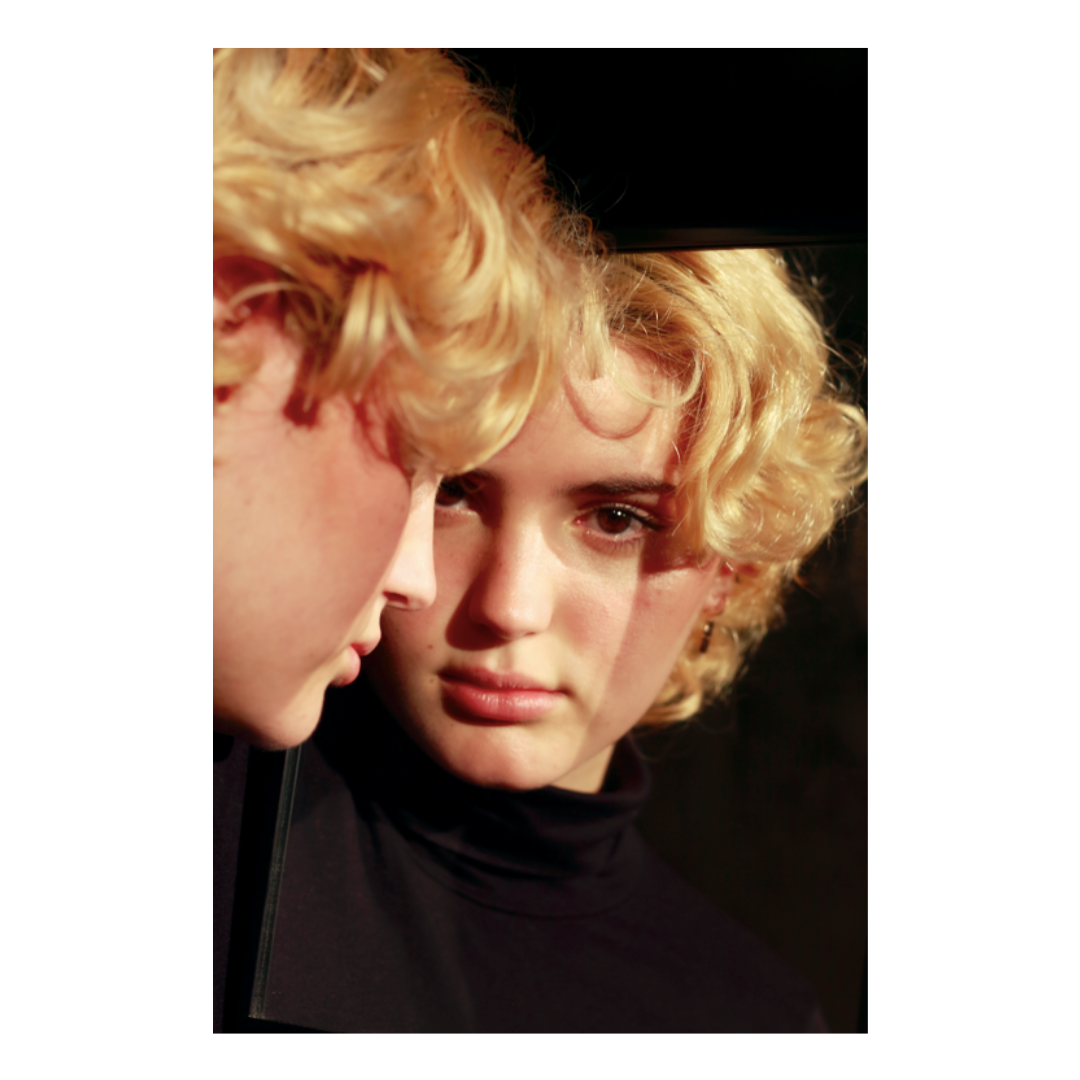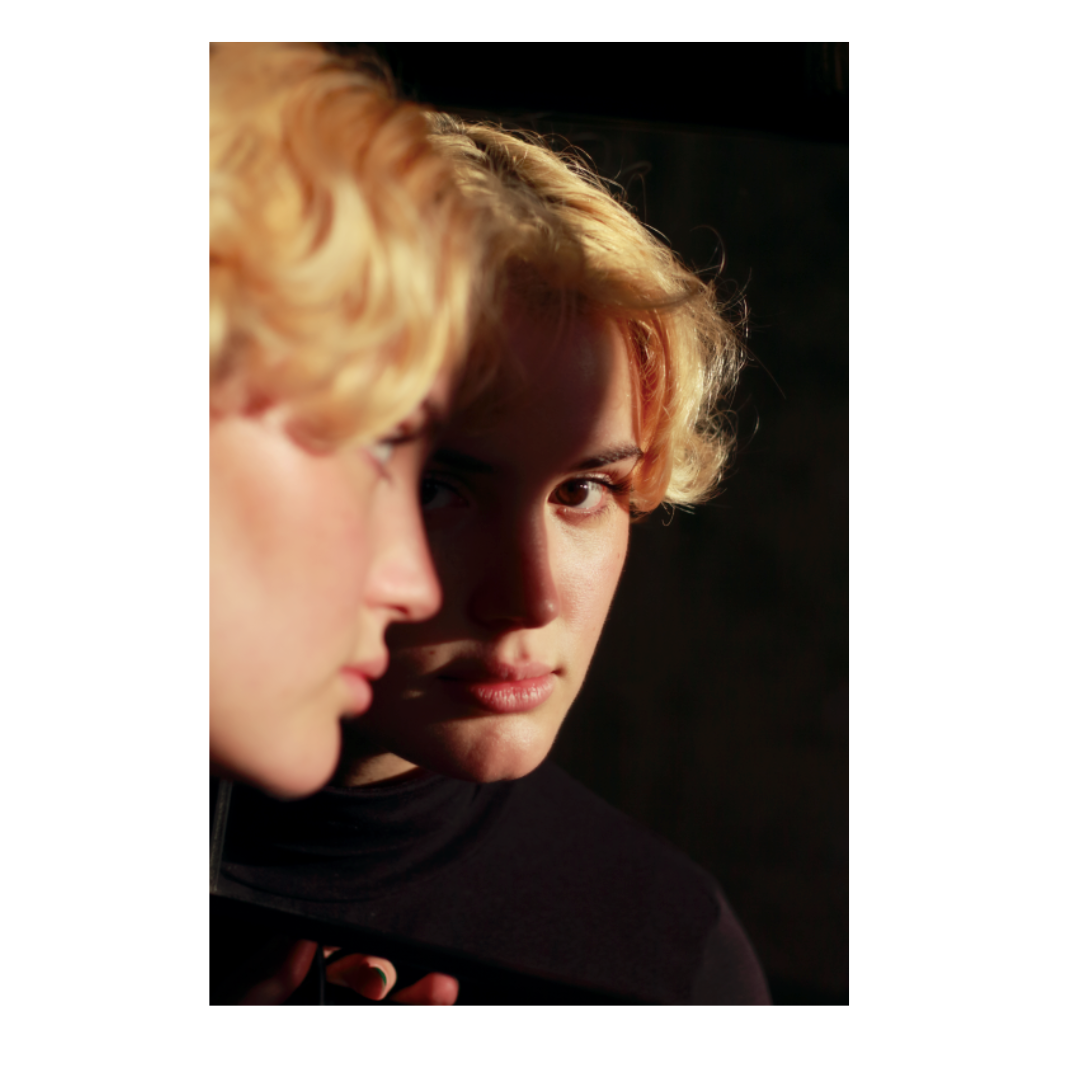By Abhinay Prashant Talkhedkar, Masters in International Relations
The Croft Magazine // BeReal brands itself as the "anti-Instagram", however, Abhinay Prashant Talkhedkar reveals that this goal has been lost due to the app's drastic rise in popularity, transforming the platform into yet another curated online space.
Social media is an envious space. In a world of half-truths and calculated feeds, we are constantly being warned against taking what we see online at face value. Saturated with comparison and editing, social media has become synonymous with the superficial. BeReal claims to be different. A rebel in the online world, it brands itself as the “anti-Instagram”, aiming to eliminate curated posts and simply celebrate authenticity in the moment. It gives its users a 2-minute window to take their picture, at a randomly generated time each day.
Over Lent term of last year, BeReal rapidly gained popularity, transforming it from a little-known app to a staple of everyone’s social media experience. The hype around the emergence of BeReal apparently illustrated an overwhelming desire for increased authenticity online.

However, the user can still delay their upload until such a time that it suits them. As a result of its popularity, the original intent has been obscured by the seemingly irresistible temptation to post our highlights. The self-proclaimed ‘anti-Instagram’ has devolved into the very thing it was designed to resist. Users deliberately wait to post in order to capture the most exciting part of their day. Ultimately, apps like BeReal, whilst supposedly promoting authenticity, have still transformed into curated representations of our realities. Instead of levelling the playing field online, BeReal has created yet another space to experience FOMO and jealousy.

In a documentary-drama presented by Netflix, "The Social Dilemma", Tech scientists discuss influence and manipulation within the online realm. We are confronted with the harsh reminder that "if you are not paying for the product, then you are the product." As the evolution of BeReal illustrates, we are still trying to sell a polished version of ourselves. In such a curated and deliberate market, how can anything actually be real, despite being marketed as such? In order for social media spaces to accurately reflect reality, if that will ever be possible, we need a complete cultural and mental reset, a Big Bang, if you will. As it doesn’t look like that will be happening anytime soon, in the meantime, remember that despite the marketing, what you see does not reflect reality.
Regardless of whether you post within the allotted timeframe or not, a singular snapshot can never capture us as we truly are. Everyone knows that truth is a subjective concept. The ‘truth’ that you assume to be an accurate reflection of someone’s experience can be very different from their reality. Is the real, truthful version of ourselves even one we want to present for the whole world to judge?
Featured Image: Daniel Newll-Price
Reminder: all social media is curated to some extent, do not feel jealous of an illusion!









